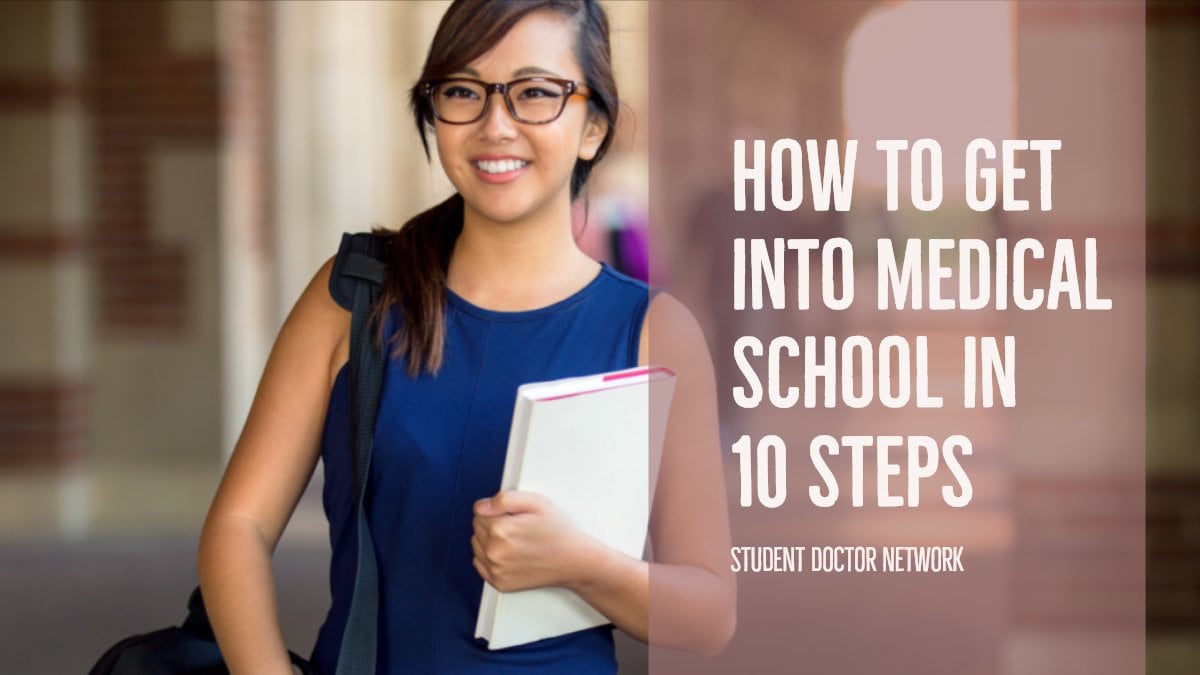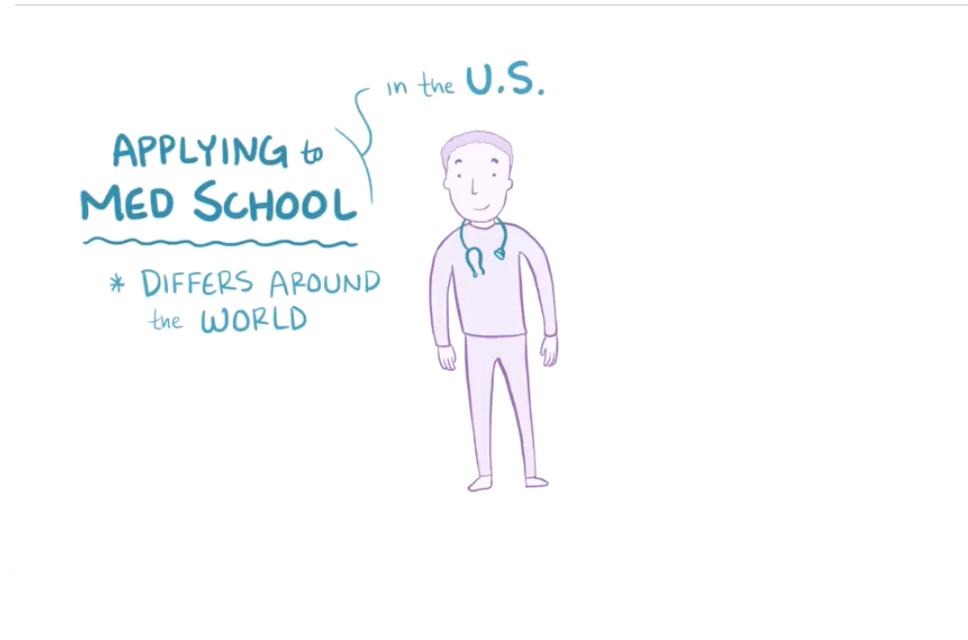As a podiatric medical student, I often get asked about my daily life and the ins and outs of how our curriculum differs from a DO or MD program. I hope I can help those of you reading this come to know what it is like to be a student in podiatry school.
Our schooling is not all about feet! We spend our first two years of school learning about the entire body and its processes just like MD and DO students. We do get extra podiatry-related classes tossed into our schedule early on, but most of our time is spent learning about the body and how systematic diseases and pathology can affect the lower extremity.
Gift Ideas for Prehealth Students
Are you a busy prehealth or health professional student – or are you shopping for … Read more


















